
Genre: Drama
Director: Karel Kachyna
Starring: Iva Janzurová, Jaromír Hanzlík
Language: Czech, German, Russian
Duration: 78 min.
Summary:
A WWII story of a young Austrian soldier running from the Russian army
and a woman whom he forces to come along in order to save his wounded
mate.
Coach to Vienna also known as Carriage to Vienna, is a film from Czechoslovak New Wave director Karel Kachyna, co-written by Czech author Jan Procházka.
Set in the last days of the Second World War, the film follows a young widow (Iva Janzurová) whose husband was recently murdered for stealing a bag of cement. She is forced to transport two deserted German soldiers, one of whom is gravely injured, on the run from quickly oncoming Russian forces, aboard her two horse wagon to Austria. All the while she plots her revenge. So says the text blurb that opens this film.
It's an intimate psychological drama with fine acting and a sparse script that takes us on a tense journey through the dark and haunting forests of Czechoslovakia. Kachyna creates such a dense atmosphere here through minimalism, that for most of the film, it feels like these three people and their wagon are all that's left in the world. Even without the introductory text, it's clear who these people are and what they are doing. Their expressions and mannerisms are precisely captured, and the woman's thoughts and intentions, while not spoken aloud, are telegraphed by the camera which often cuts to enticing glances at a pistol, or knife, or hatchet strapped to the underside of the carriage.
All great psychological films have a strong atmosphere, and this does so with wonderful cinematography and sound. Through the use of a mixture of on-board and wide tracking shots, we get a real sense of the enveloping forest, one that looks and feels both endless and claustrophobic. The suffocating silence of the woods is only interrupted a few times by the sounds of sporadic small-arms fire heard off in the distance; and by the gloomy musical score composed by Jan Novák, with the grand sounds of an organ accompanied by strings that plays during important transitional moments.
Set in the last days of the Second World War, the film follows a young widow (Iva Janzurová) whose husband was recently murdered for stealing a bag of cement. She is forced to transport two deserted German soldiers, one of whom is gravely injured, on the run from quickly oncoming Russian forces, aboard her two horse wagon to Austria. All the while she plots her revenge. So says the text blurb that opens this film.
It's an intimate psychological drama with fine acting and a sparse script that takes us on a tense journey through the dark and haunting forests of Czechoslovakia. Kachyna creates such a dense atmosphere here through minimalism, that for most of the film, it feels like these three people and their wagon are all that's left in the world. Even without the introductory text, it's clear who these people are and what they are doing. Their expressions and mannerisms are precisely captured, and the woman's thoughts and intentions, while not spoken aloud, are telegraphed by the camera which often cuts to enticing glances at a pistol, or knife, or hatchet strapped to the underside of the carriage.
All great psychological films have a strong atmosphere, and this does so with wonderful cinematography and sound. Through the use of a mixture of on-board and wide tracking shots, we get a real sense of the enveloping forest, one that looks and feels both endless and claustrophobic. The suffocating silence of the woods is only interrupted a few times by the sounds of sporadic small-arms fire heard off in the distance; and by the gloomy musical score composed by Jan Novák, with the grand sounds of an organ accompanied by strings that plays during important transitional moments.
As the film progresses, the woman's plan for revenge takes shape, and there are some great suspense filled moments as she slowly tries to turn the table against her armed captors by covertly disposing of their gear one piece at a time. Will she get caught, or will she succeed, and will she go through with it? These are all questions that Kachyna answers with a striking and unpredictable ending that leaves us reflecting on the nature of humanity.
Coach to Vienna is another brilliant piece of filmmaking from Czechoslovakia, and a fine example of how great cinema can be accomplished with just a few actors and an exquisite mood. It is without a doubt, one of the essential films of the Czech New Wave.
— Bonjour Tristesse









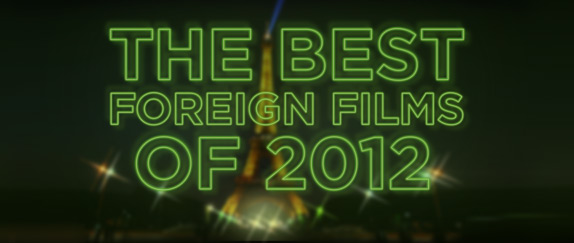



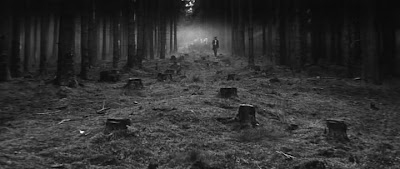
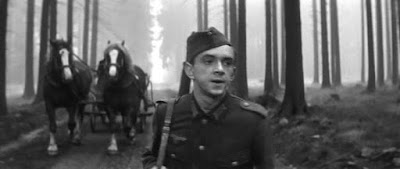
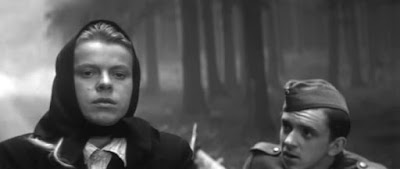
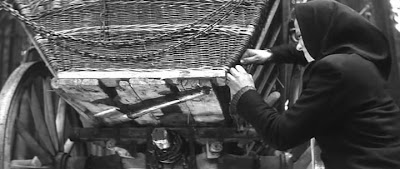
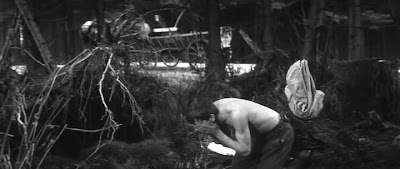
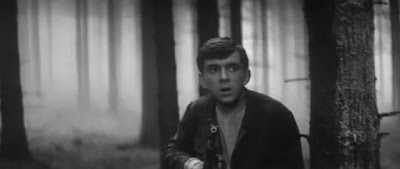
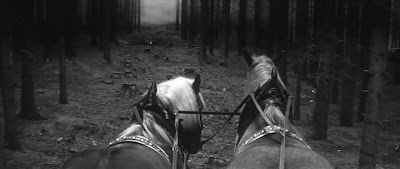
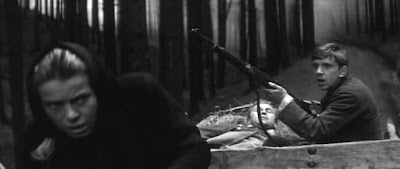


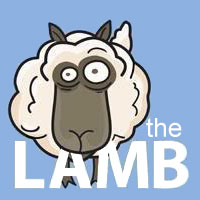




10 comments:
Black and White films have such great shots in them...
I hope you will too.
Yes the look and feel of the forest is so amazing. It could be done with no dialog, since the woman and the soldiers can't understand each other anyways. But the sound is important I think, of the horses and the wagon and the echoes through the forest, in order to achieve the same feel.
Thanks for the reminder I'll go have a look at your latest post.
Another one I thought I could do without, but is now on my list of movies I 'must' watch. I know I'll like this one.
I always knew there were a couple good films from this era, but I wasn't prepared at all for what I've seen so far. I'm consistently blown away by just how great, and how astonishingly beautiful they are.
Haha, no this isn't the lost episode of band of brothers.
Hi, Bonjour and company:
You've given me another film to look for!
I'm really liking the foggy, foreboding look of the forest in B&W and soundtrack from the clip.
Could almost be done as a silent film, ala The Artist by the way it is described and plays out,
Similar to a comment I left at 'FlixChatter' regading my wish for Spielberg to do a minimum CGI film on The Hurtgen Forest Campaign of WWII.
PS: I also have a guest review there I think you may be interested in.
Is it just me, or does that look like Damian Lewis went back in time and made this movie??
Oh this looks wonderful! Those forest shots are gorgeous. I didn't have this one on my list, but its there now. Thanks so much for the heads up.
Karel Kachyna also made The Ear which is already on my list. The Prague Spring certainly made for incredible films, even if it did have terrible consequences for the Czech people (in that it was so short lived).
Not one I've heard of but could be worth a look......
Post a Comment